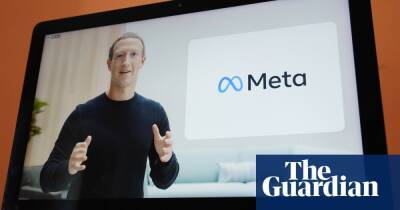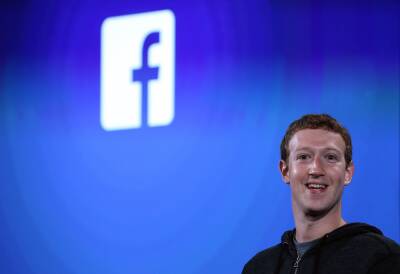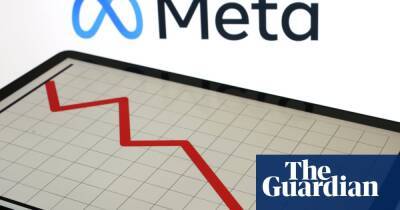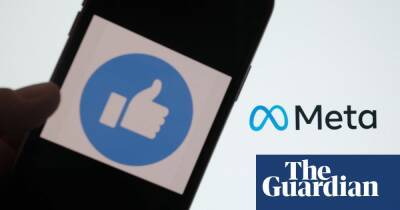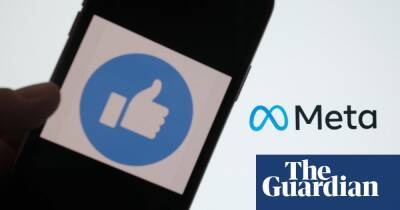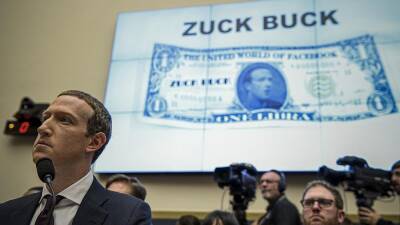For the first time in its history, Facebook is in decline. Has the tech giant begun to crumble?
Facebook was much in the news last week, although you may not realise that because it has been renamed Meta in the hope the bad vibes associated with its maiden name would gradually fade from public memory. (Google tried the same stunt with Alphabet and that hasn’t worked either.)
For a change, though, Facebook’s latest moment at the top of the news agenda had nothing to do with scandals and everything to do with its financial results, which were so unexpectedly bad that the shares dropped 25% at one point, taking $240bn (£177bn) off its market value, which in turn led to a 2% drop in the Nasdaq index.
Given that Facebook has hitherto been a licence to print money, so much so that at one stage (in 2019), when it was fined $5bn by the Federal Trade Commission, its shares actually went up as Wall Street registered that the ostensibly massive fine was actually the equivalent of a fleabite on an elephant.
But this time was different. Why? Three factors stood out from reports of Mark Zuckerberg’s conference call with stock market analysts: the impact of TikTok; Apple’s move to require iPhone users to consent to being tracked by advertisers; and the revelation that the hitherto unstoppable growth in the number of Facebook users has stalled.
Zuckerberg’s newfound obsession with TikTok must have puzzled many observers. After all, TikTok is not a social network. It’s a service that hosts short-form user videos, from genres such as pranks, stunts, tricks, jokes, dance and entertainment. It is owned by the Chinese company ByteDance, is understood by nobody over the age of 40 and has taken the world by storm. As a form of Chinese cultural imperialism, it makes Xi Jinping’s belt-and-road initiative look amateurish.
So why is it keeping
Read more on theguardian.com









